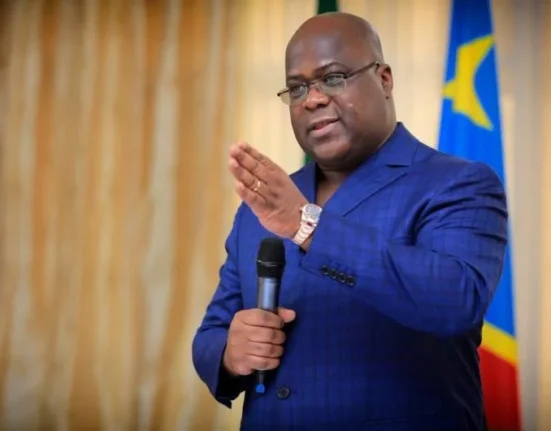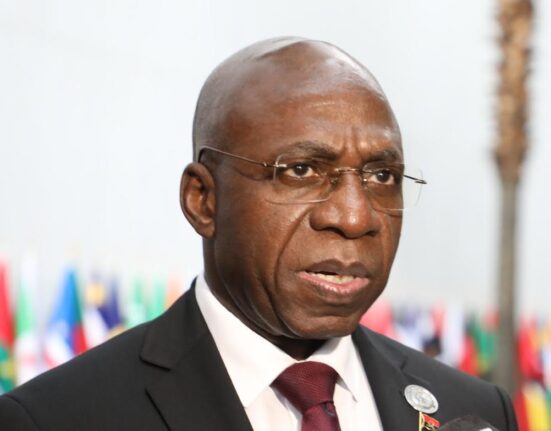Once regarded as a pillar of European political stability, France is now facing one of the gravest crises of the Fifth Republic. In just 20 months, President Emmanuel Macron has appointed and lost four prime ministers, a record that underscores not only the fragility of his governing majority but also his own political miscalculations.

AfricaHeadline Reports Team
editorial@africaheadline.com
The cycle of instability began in January 2024, when Élisabeth Borne stepped down and was replaced by Gabriel Attal, hailed as the youthful face of renewal. But Attal’s premiership quickly faltered amid a deeply divided National Assembly.
In September 2024, Macron turned to Michel Barnier, a respected figure with European credentials. Yet Barnier was ousted within three months in a rare no-confidence vote, the first since 1962.
François Bayrou, a veteran of French politics, was then installed in December 2024 with a mandate to stabilise the government. His tenure ended in September 2025 after his budget was rejected, forcing Macron once again to seek a new prime minister.
Four heads of government in less than two years has left France with echoes of the turbulent Fourth Republic, where governments rose and fell with alarming speed.
The roots of this crisis lie in Macron’s decision to dissolve parliament in 2024, a gamble intended to strengthen his centrist bloc. Instead, it delivered a hung parliament split three ways:
Marine Le Pen’s far-right National Rally, emboldened at the polls;
The left-wing New Popular Front, led by Jean-Luc Mélenchon;
Macron’s weakened centrist alliance.
With no clear majority, Macron opted for a strategy of short-term fixes. His repeated reshuffling of prime ministers was less a sign of flexibility than of political immaturity, an inability to forge lasting coalitions or govern through compromise.
The political stalemate has spilled into France’s economy. Public debt has climbed to 114% of GDP, while the budget deficit stands near 6%. Such figures demand painful reforms and political stability, neither of which France has been able to deliver.
Instead, governments have stumbled over policy gridlock, while strikes and protests have multiplied. The mood on the streets recalls the “yellow vest” movement, as disillusionment with mainstream politics deepens. Each government collapse reinforces the perception that representative democracy is no longer able to respond to people’s concerns.
The instability of today carries uncomfortable reminders of the 1950s, when the Fourth Republic crumbled under the weight of short-lived governments and legislative deadlock. The Fifth Republic was created to prevent precisely this scenario by strengthening the presidency.
Yet Macron’s reliance on tactical reshuffles, rather than consensus-building, has placed the very resilience of the Fifth Republic in question.
Macron was once seen as a symbol of modernisation, a leader who could transcend the traditional left-right divide. Today, he is increasingly portrayed as a president trapped by his own missteps, a leader who has become part of the crisis rather than its solution.
Each failed premiership reinforces the sense that the problem lies not at Matignon, but at the Élysée itself. Macron’s presidency risks being remembered less for reform and renewal than for instability and drift.
France now faces a critical choice. Either Macron embraces genuine coalition-building and political maturity, or the country will continue to be governed by fragile, short-lived administrations.
The stakes go beyond the survival of his presidency. At risk is the credibility of the Fifth Republic itself – and with it, France’s role as one of Europe’s anchors of stability.








